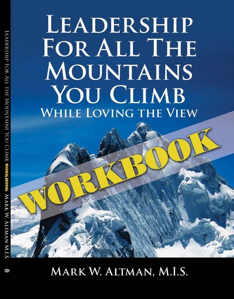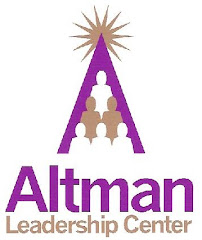As adults, one of our best opportunities to have our voice heard and consequently one of our greatest responsibilities as citizens is to cast a ballot when we are given the opportunity to do so. This is true whether you are voting for a candidate or expressing your opinion of a bond or social issue. Passing on the importance of this civic duty to your children is just as important.
This year we are fortunate to have our children watch us vote for our own national leaders while at the same time, we can juxtapose our political system against the troubled areas of the world such as several African nations, Iraq, and Afghanistan. We are also fortunate to show our children a historic Presidential election. We have taken a huge step toward true political equality to minorities and women, as we have a very viable female candidate, and a minority candidate that seems to be gaining momentum every day.
This new chapter in American history provides a fascinating backdrop for parents as we teach our younger citizens one of the safeguards to our freedoms is the educated participation of all our citizens in the political process. Families can do several things to nurture a lifelong interest in politics, governance and public policy in their children:
Do your best to understand our political processes and the political systems of other countries. You can’t accurately explain what you don’t know. Be fair when explaining positions you don’t agree with, it will bite your backside if you don’t.
Encourage polite, open, and honest debate; especially if your children disagree with you. Your willingness to listen just might convince them you will listen if they need to talk to you about something really important.
If you don’t know the answer to something don’t fake it. Kids have a BS detector as sensitive as my beagle’s nose begging from the kitchen table. Besides they will probably be given the right answer next week in school, so don’t knowingly undercut your credibility. Far better is to sit down together with a book or at the computer and look up the right answer.
Talk to your kids about how various public policies affect your family directly. Make sure your children know you vote in every election. If you know a service member, talking about their service immediately personalizes much of our foreign policy and opens doors to a chat about domestic policy.
Encourage them to write their political leaders with polite questions or comments, most will write back with an answer. Take them to a city council, school board meeting, or a political event.
Ask them their opinions; they may surprise you with their insight. If they disagree with you, don’t shoot them down; ask more questions, eventually they will figure out the “right answer” even if it isn’t your “right answer”.
Political growth is a process like mental and physical growth. You don’t get angry with your child for being only four feet tall; likewise, don’t be angry when they disagree with your position on Darfur or abortion. With your help, they will come to their own truth on these and other issues; but more important, they will be ready and willing to engage in the debate as knowledgeable adults and take their place as citizens.
Tagline: Mark Altman is a speaker and leadership consultant with the Altman Leadership Center. Mark has completed graduate work in Marriage and Family Counseling and is working on a PhD in Leadership studies at Gonzaga University. He is happy to speak or provide a workshop for your organization and can be reached at mark@taolc.com.
Altman Leadership Center Speaking/Consulting web page
Thursday, January 10, 2008
Subscribe to:
Post Comments (Atom)








No comments:
Post a Comment